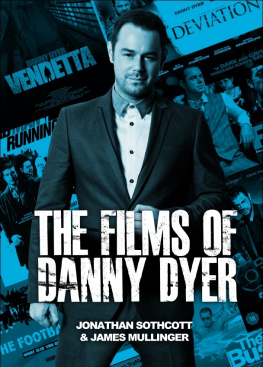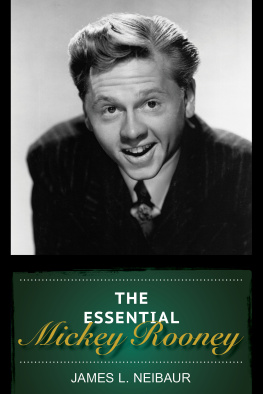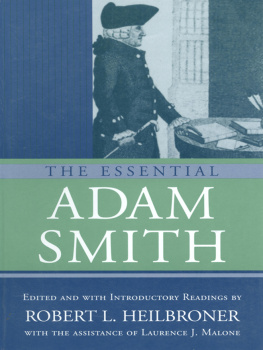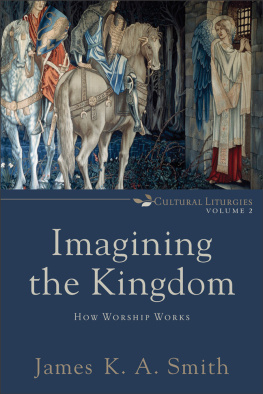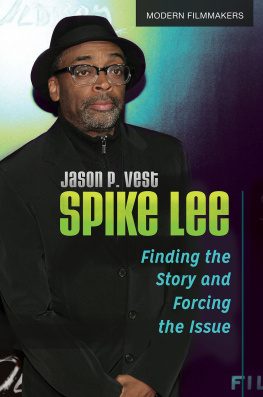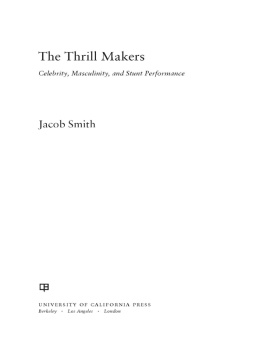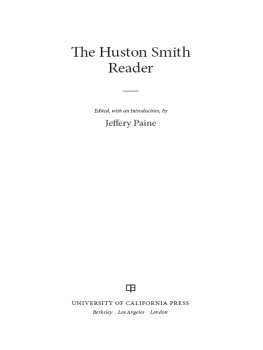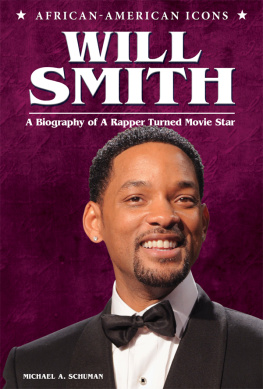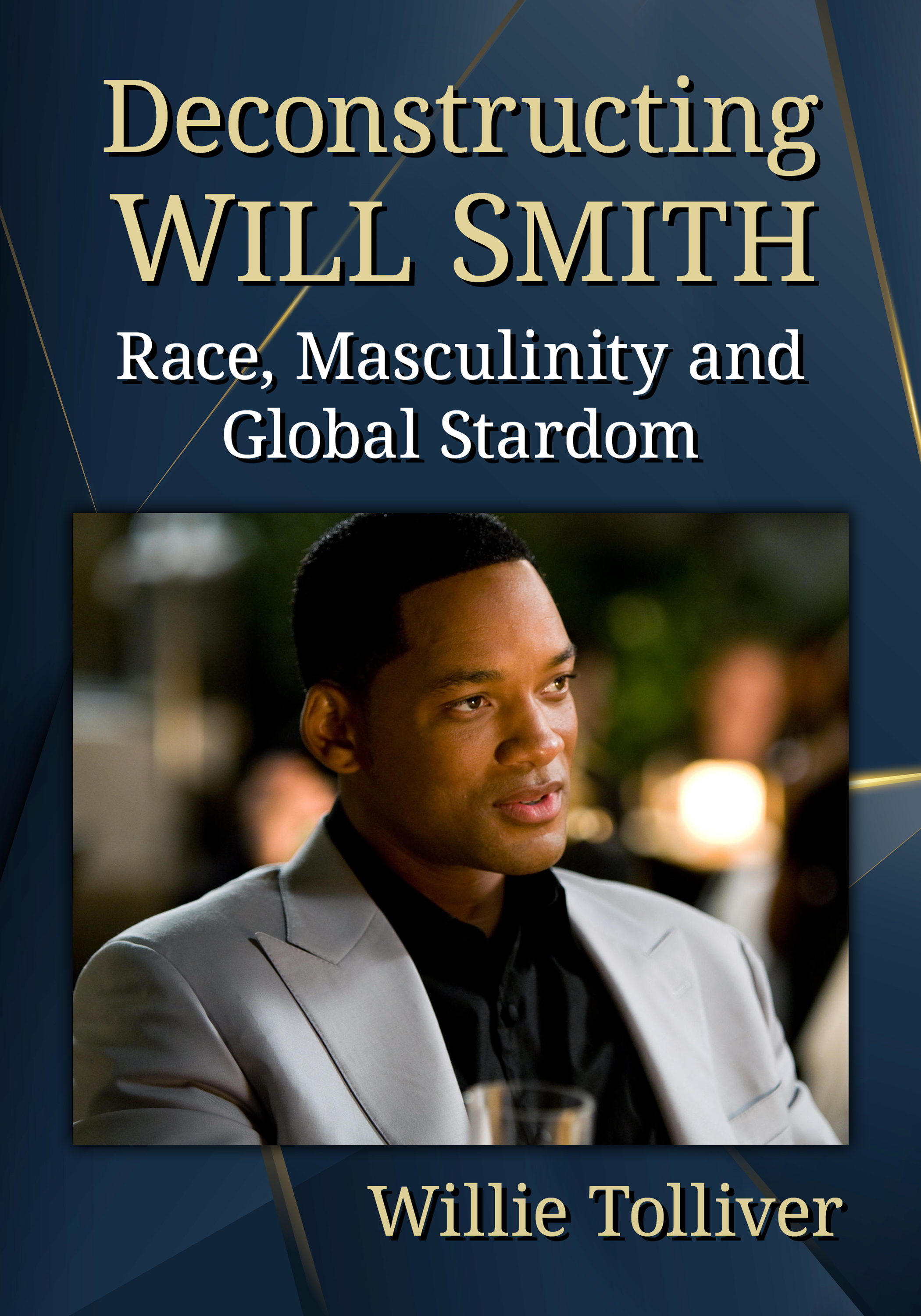2022 Willie Tolliver. All rights reserved
No part of this book may be reproduced or transmitted in any form or by any means, electronic or mechanical, including photocopying or recording, or by any information storage and retrieval system, without permission in writing from the publisher.
Front cover: Will Smith stars in Hancock (2008), directed by Peter Berg (RGR Collection/Alamy Stock Photo).
Acknowledgments
This project began as a Gladden Public Lecture under the auspices of Joseph Gladden, Jr., the former chair of the Agnes Scott College Board of Trustees. The lecture was introduced by President Mary Brown Bullock and Dean Rosemary Levy-Zumwalt, during an evening I will always remember. Other support from the administration has been a generous grant by the Holder Fund for Faculty Innovation.
I must give deep thanks to Lisa Camp, Gary Mitchem, and especially Layla Milholen at McFarland for their faith in my proposal and for their forbearance.
For their abiding friendship and support at every possible level, I must express my appreciation of my colleagues in the Agnes Scott English Department, both individually and collectively, both past and present: Christopher Ames, Christine Cozzens, Jim Diedrick, Alan Grostephan, Melissa Fay Greene, the late Steve Guthrie, Linda Hubert, Waqas Khwaja, Bobby Meyer-Lee, the late Kamilah Aisha Moon, Jamie Stamant, Nicole Stamant, Peggy Thompson, and Rachel Trousdale. I must also recognize my other essential colleagues outside the department: Yvonne Newsome, Tina Pippin, Beth Hackett, Julia Knowlton, and Michael Schlig. There are several former students who have become colleagues and valuable sounding boards for my ideas: Fredrick Holloman, Monica Gresham, and Chesya Burke.
I would also like to acknowledge the contributions of my students over the years to this work. Sarah Dooley of Oberlin College spent a memorable January semester providing me with crucial research assistance. I cannot praise highly enough the devotion and enthusiasm of the Agnes Scott students who have worked with me and have shared their critical insights: Aziza Taylor, Taji Okolo, Saleema Mustafa, Trisha Manns, Kate Whitney, Jamila Pitts, Emily Ly, Avanti Lemons, Elizabeth Kell, Julia Dwyer, Gabby Shepard, and Summer Robinson.
I must also thank my family for their encouragement and support: Lenell Shelby, Lillie Shelby, Lenell Shelby, Jr., and Sele MPoko.
Finally, I must express special gratitude to Heino Nurk, who has given me so much, including a little room of my own.
Table of Contents
Prologue
A Slap Heard Round the World
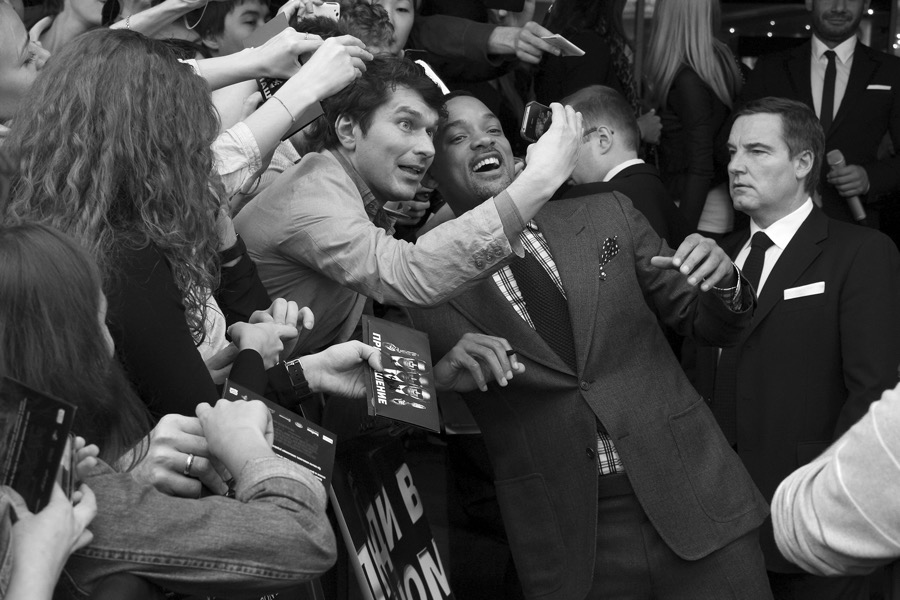
Fig. 0.1. Will Smith poses with Russian fans at the 2012 premiere of Men in Black 3 in Moscow (Zuma Press, Inc./Alamy Stock Photo).
On May 18, 2012, at the Moscow premiere of his film Men in Black 3 , Will Smith slapped Ukrainian journalist Vitalii Sediuk who evidently attempted to kiss him during an interview on the red carpet (fig. 0.1). The video went viral, and the story was reported by the international and American news media. The responses on the blogosphere predominantly expressed support for Smiths actions. According to the commentators, the journalist had invaded Smiths personal space and had, in effect, assaulted the actor. Therefore, Smiths physical reaction was both understandable and justified. This event lends itself to much more scrutiny because of its larger, multiple, and complex meanings. This confrontation over a kiss is revelatory of the nature of Smiths star persona, the crisis of masculinity that informs that star identity, the global implications of African American celebrity, and the historical development of Black male images both on and off the screen.
What occurred during this incident? There are varying accounts as well as different interpretations of the meaning of this encounter. Some viewers of the video saw the journalist greet Smith with a hug and then an attempt at a traditional European double cheek kiss. During the interaction, Smith seemed suddenly surprised and created an awkward moment during which the kiss got off track. It did seem as though his mouth was the target. Why did Smith suddenly panic at the prospect of a male kiss? Even more importantly, why did Smith feel compelled to slap the writer in reaction? In some versions of the scene, Smith pushes the perpetrator away and then gently slaps him. The slap was both instinctive and deliberate. What the public witnessed was a clash of cultures, the spectacle of what happens when an African American star performs on the international stage. Through a misunderstanding of motive and a misreading of gesture, Smith may have struck a defensive posture drawing upon a cultural code of masculinity. The slap could be a response to an affront to his manhood, an action that might be a manifestation of gender conditioning within a specific racial and cultural context. Some commentators have noted that Smiths behavior in its excess replicates a kind of Black male macho posturing. His act assures his audience and himself of his authentic heterosexual Black manhood. This behavior may be at odds with less rigid concepts of masculinity that circulate in European culture. For instance, during the coverage of past Olympic Games, it was not unusual to witness Russian male gymnasts congratulate their teammates for their performances with kisses to the mouth (Clarey B15). Again, what this kiss-and-slap incident may underscore are the tensions that exist, even in the world of international film and red carpets, when cultures come together in global spaces.
What if the kiss were not a muddle, but intentional? What could have been the motive? In a similar and earlier situation, Sediuk presented Madonna with a bouquet of hydrangeas, a flower she hates, which forced an outraged response. Although he has been characterized as an opportunistic prankster, he can also be construed as a brilliant provocateur, with a specific agenda: to uncover the contradictions of celebrity. In these acts of guerrilla theater he deconstructs the protocol of the red carpet, a constructed media event that supports the star system and the Hollywood industrial machine. His confrontations with stars and their shocked and unrehearsed reactions break the surface of the illusion rendered by the processes of publicity and offers up eruptions of reality. Will Smiths slap reveals a real identity behind the star image. His reaction is an authentic act within an artificial context. What marks this momentary dropping of his public face is his conscious effort to restore his mask. In the video, we can see him resuming his identity as Will Smith. This sight elicits sympathy because we get a glimpse of how difficult it is for him to maintain his characteristic charm and affability. There is a vulnerability there that goes beyond having his private space invaded; we get a glimpse of his private self.
Not only did Sediuk deconstruct the red carpet; he deconstructed Smith as well. Just as he carefully did his research to know how to devise an encounter to reveal Madonna, he chose exactly the right tactic for Smith. On subsequent appearances on talk shows, Smith admitted that the journalist had a schtick, but he said that when he slapped him his ass got schtuck (Loinaz). The joke, however, is on Smith. In attempting to kiss him, Sediuk referenced the controversy over Smiths refusal to kiss a man in his first serious film, Six Degrees of Separation . In effect, the journalist restaged that moment which was one of the lowest points in Smiths career in terms of negative reactions to his performance and his just developing star persona. He was charged with immaturity and homophobia. The role in that film provided a challenging test for him, his ability to do what the role required, and he failed it. The moment on the red carpet in a sense offered a retake of that test, which Smith symbolically failed again. His action was a defense of a personal affront, but on another level, it revealed a homophobic element that emerged from an authentic private place. Smiths act unintentionally also set up a contradiction within his attitudes about homosexuality. In the week before this incident in which he slapped a man for attempting to kiss him, he publicly announced his support of same sex marriage (Valby).



